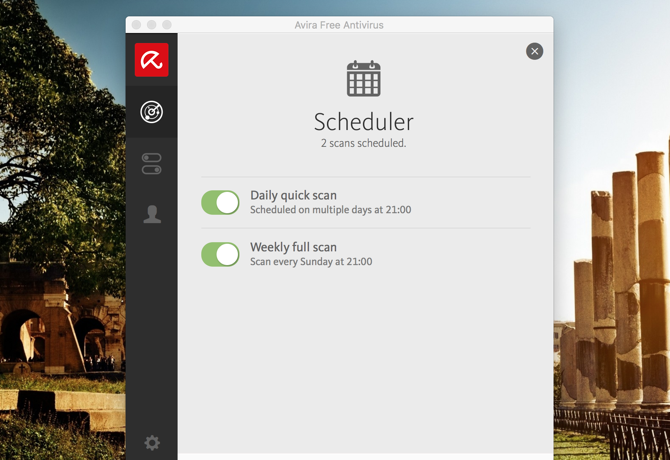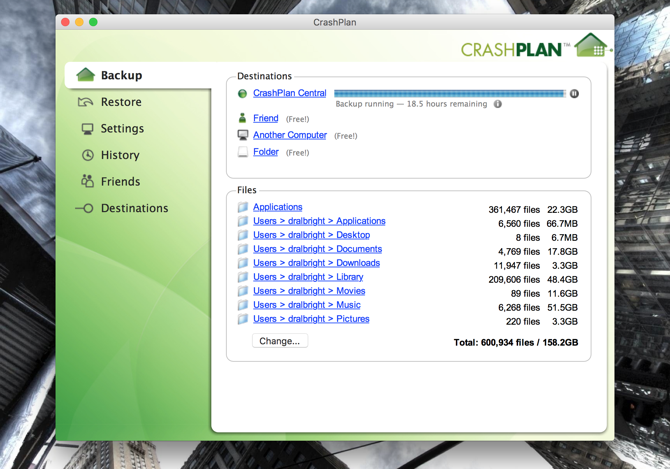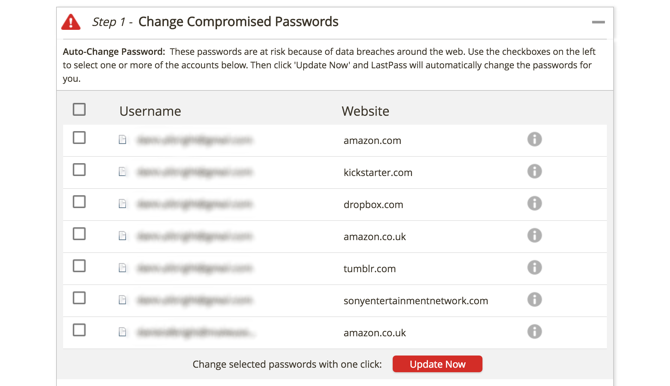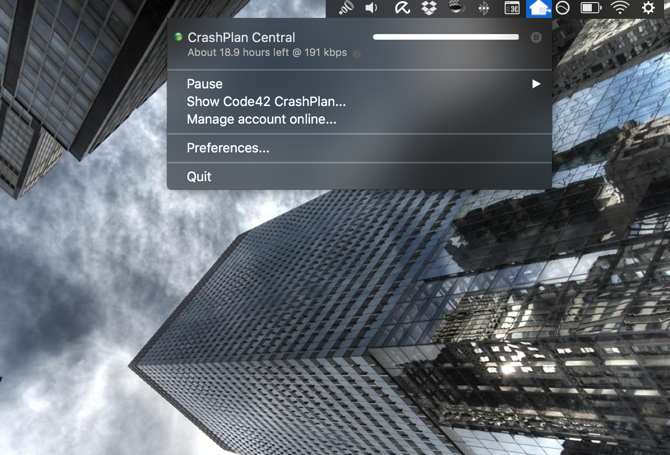A recent research study detailed the effect of a phenomenon called "security fatigue", which the National Institute of Standards and Technology defines as "a weariness or reluctance to deal with computer security". Constant notifications, threats, and protocols that need to be followed cause this condition.
Security fatigue is real, and it's making a lot of people less secure. If you feel like you're always getting notifications about new threats to worry about, updates to install, and breaches to be aware of, you probably aren't going to be motivated to be proactive in protecting your data.
So here are three things you can do to beat security fatigue and keep yourself safe.
1. Automate as Much as Possible
One of the reasons people get a lot of notifications (of all types, not just security-related) is that apps and services require input. And aside from notifications, there are a lot of things you need to remember to do. You need to approve an update, enter a new password, run a virus scan, ensure that your files are backed up, and so on.
The best way to deal with this is to automate as much as you can. The more that your apps can do on their own, the less they'll need to ask from you. For example, many antivirus apps have an option to auto-download new updates to their virus definitions. Make sure to enable this so you don't have to deal with it every time there's an update. Some antivirus apps have this enabled by default, so you might not even have to worry about it.
You can also schedule different levels of scans to happen at regular times. You can see here that I've scheduled a daily quick scan every evening, and a weekly full scan on Sundays:
This way, I don't have to worry about trying to remember the last time I scanned my computer. I just have to make sure I haven't put my computer to sleep before 9.00 pm. You could run this during the middle of the day if your antivirus isn't a huge resource hog, to be safe.
Another thing you can automate is backing up your files. This is an especially important tactic against ransomware like CryptoLocker and CrypBoss, which take your files hostage. If you have a very recent backup, you don't have to worry about it. You can just wipe your drive and restore. Instead of backing up regularly to an external hard drive, why not choose a cloud provider and be constantly updating your backups? It's much easier.
Take a look at the notifications you're getting and the things you need to remember. Then figure out how you can automate them. Taking a little time at the outset will result in a lot of time saved later!
2. Use Password Manager Features
Many people who use password managers only take advantage of a couple features: the ability to generate secure passwords, and the capacity to remember them. But there are a lot of other features that can make your life easier!
I use LastPass, so I'll focus on features that I'm familiar with. But many other password managers have similar features and others that are also useful. So take a minute to review the features yours offers.
The Security Challenge feature is one that I use on a regular basis. It shows me if there are any passwords that I should change because they may have been compromised. Changing your password just because there's a small chance an attacker compromised it might sound like a lot of work. But LastPass lets you do it with a single click. All I do is select the passwords I want to change and hit Update Now. (A few can't be updated automatically, but it still saves a lot of time.)
You can also use your password manager to store other useful information, like Wi-Fi passwords, the answers to security questions (really useful for those banking sites that have multiple security question options every time you log in), PINs, and anything else you can think of. Keeping all of this stuff in a single place makes it easier to find, saving you the hassle of looking through several apps.
3. Take Ownership of Your Security
One of the things researchers found was that users felt like security wasn't their responsibility. They thought instead that banks, stores, and websites should be the ones protecting their data. And on one hand, that's true. We should have high expectations for the people who are storing our data. On the other hand, though, it's helpful to realize that a lot of your security is your responsibility.
For example, if an attacker breaches a store and obtains the password you used for your account, that's bad. But if you haven't used that password for any other site, it won't do miscreants any good. And with how easy it is to not reuse passwords, that's something you can do to significantly increase your security without spending much time.
As I mentioned before, backing up your files is a way to take ownership of protecting yourself against ransomware. Choosing to use providers that have a history of competent security (when you can) is another. Letting companies know that cybersecurity is becoming a necessary trait, instead of just a perk, is another.
Mostly it comes down to having the right mindset. Realizing that you're the only one who's going to worry about your security makes it easier to dedicate a little time to it. While it would be great if companies and organizations were looking out for us, the reality is that they're more concerned about their bottom lines.
Are You Feeling Security Fatigue?
Security fatigue is real, and it affects a lot of people -- especially those for whom security is most important. But you can minimize the number of security notifications, alerts, and problems you need to deal with, even by a little bit. And that makes it much easier to deal with.
Do you feel security fatigue? Do alerts, notifications, and password change requests constantly bombard you? How do you deal with it? Share your thoughts and tips in the comments below!
Image Credits: InesBazdar/Shutterstock





